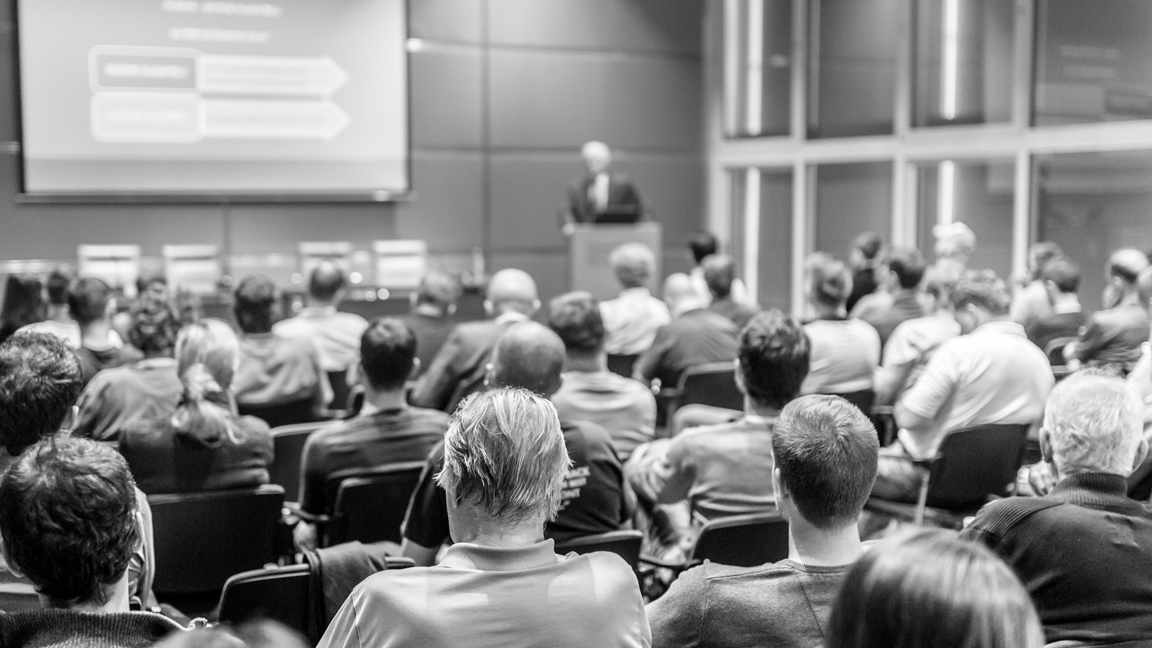Virtual Event Fatigue? Part 2

Virtual Event Fatigue? Part 2
As part of our consultancy work, we are seeing so much feedback that 2020 events due to the speed of delivery often missed the mark for many companies. Last week I shared some experiences that if strategy had been leveraged BEFORE the event they could have been avoided. Today I want to focus on situations where education is necessary prior to the delivery of an event.
1. Leveraging the same speakers for online audiences
There are some people who simply cannot transition to delivering content virtually without extensive training. For the most part extensive training was not provided by vendors of the platforms, and staff simply didn’t know what they didn’t know. As 2020 unfolded people understood more about lighting, and quality microphones, but people simply did not understand what additional preparation, tools and features of streaming, webinar, webcast technologies should be leveraged to keep people focused on their sessions.
2. Build it and they will come
While true in the 1989 movie Field of Dreams, the same cannot be said about virtual events. Marketing awareness, attendee education, as stated in #1 speaker education, all needs to take place to ensure that once people come, they stay. Engagement is key at an event, but without showing people HOW to engage, what features they can leverage they simply don’t figure it out for themselves at all levels.
3. Unable to quantify data effectively
Failure to analyze data sits at today’s #3. The success of an event goes considerably beyond how many registered to attend, or how many logged in. What if they login only for 5 minutes? Do you consider that a success? If you do, you really need to rethink. Virtual Event tools have a lot of metrics which you can analyze to truly understand the success of your event, but in 2020 companies were so relieved the hard slog was over, they simply did not dive deep into the data, or found it difficult to analyze the data outputs. Effective data truly starts with strategy around event outcomes, what do you want to achieve and what do you want to measure. This should not be done AFTER the event, but way BEFORE, as the design of an event needs to drive towards those outcomes. Knowing your goals & outcomes beyond attendance drives your training model as discussed in #2 and feeds into #1 when training the speakers/staff to drive towards the same goals. The proof of the success of the event in all in the data, yet many people fail to study it to establish WHY their event was not as successful.
"...education is necessary prior to the delivery of an event."
Emma King Tweet
Seeing a theme yet, strategy is cyclical throughout all stages of an event, it keeps the heart of the event in focus, with clear rhythm, it drives the flow of data, the energy of the event, it carries the event traffic, increases to cognitive focus and drives engagement to keep those attendees absorbed in the content, and loyal to your brand.

Categories
- Bee Wisdom (21)
- Business Intelligence (1)
- Case Studies (1)
- DE&I (1)
- Events (8)
- Experiential Marketing (2)
- Featured (3)
- Hyperlocal Events (1)
- Insights (48)
- Marketing (1)
- Pro Tips (33)



